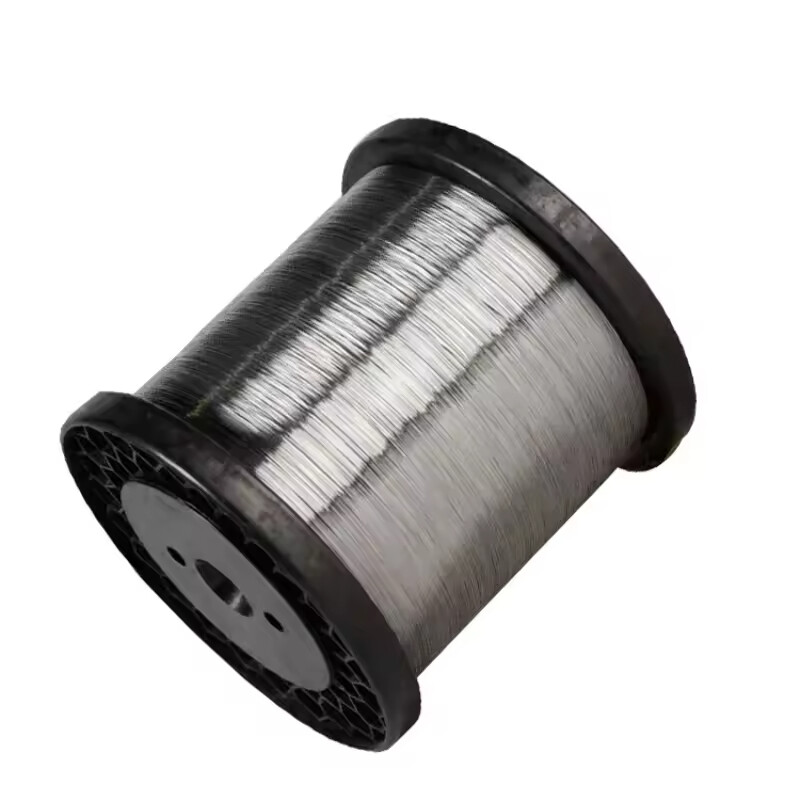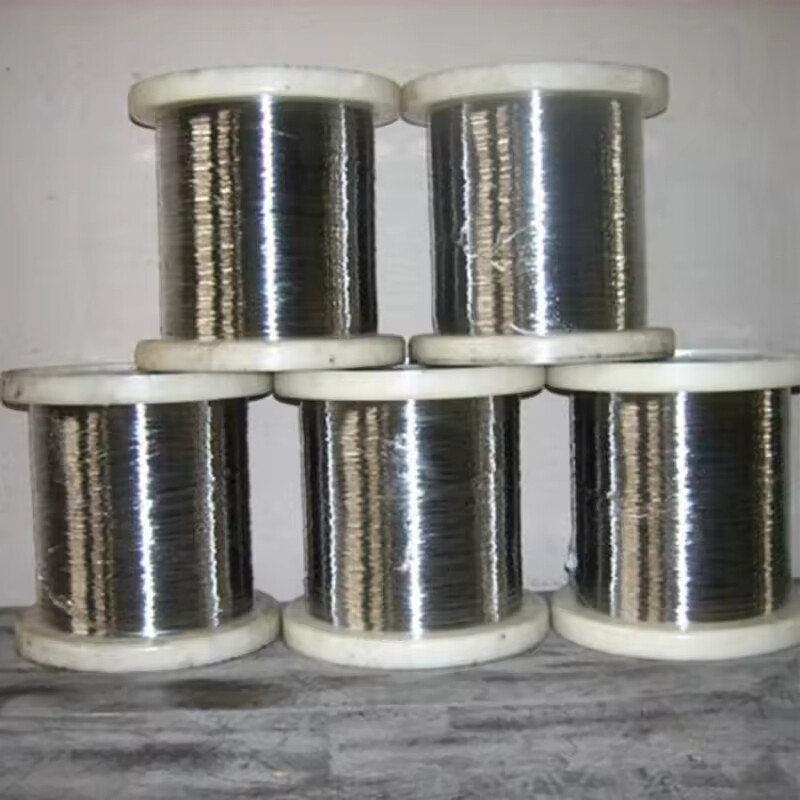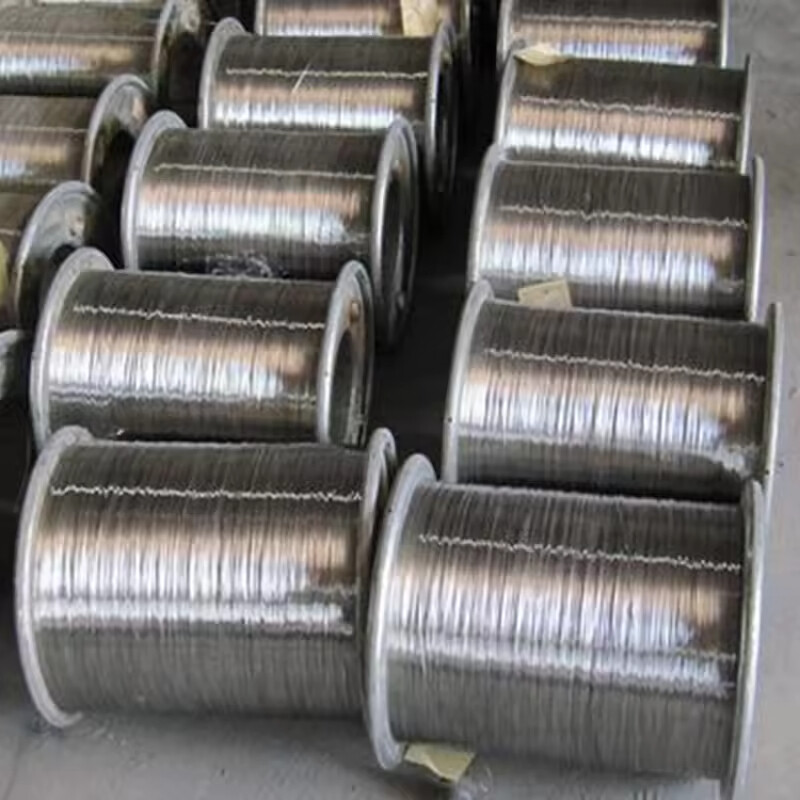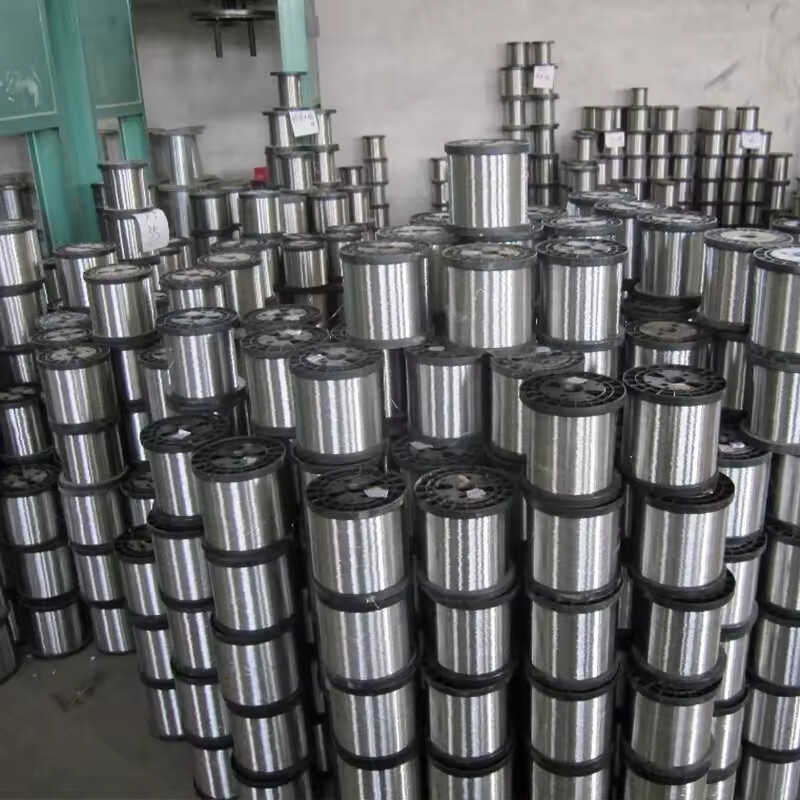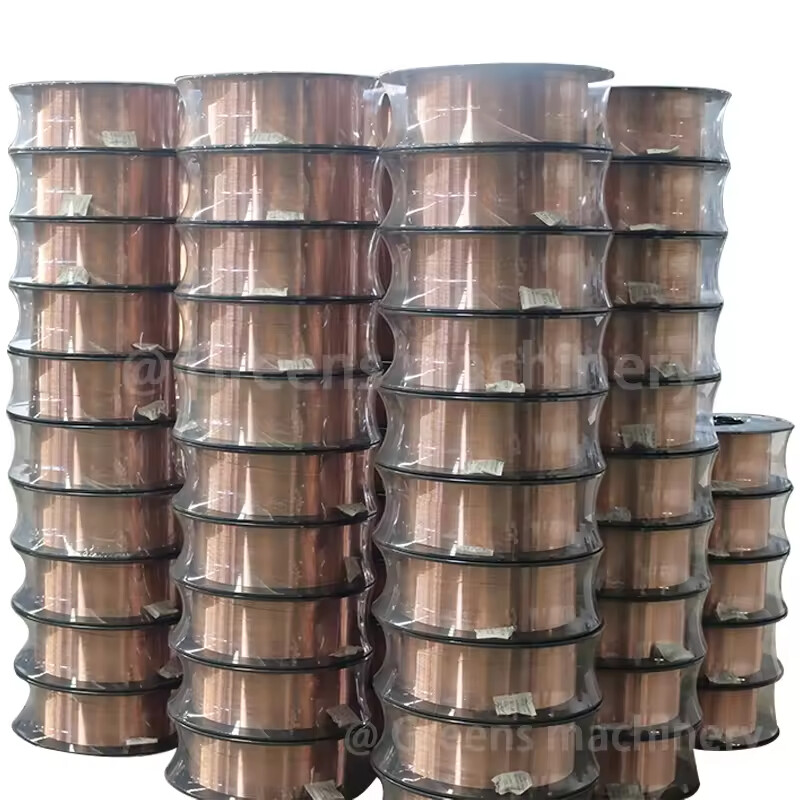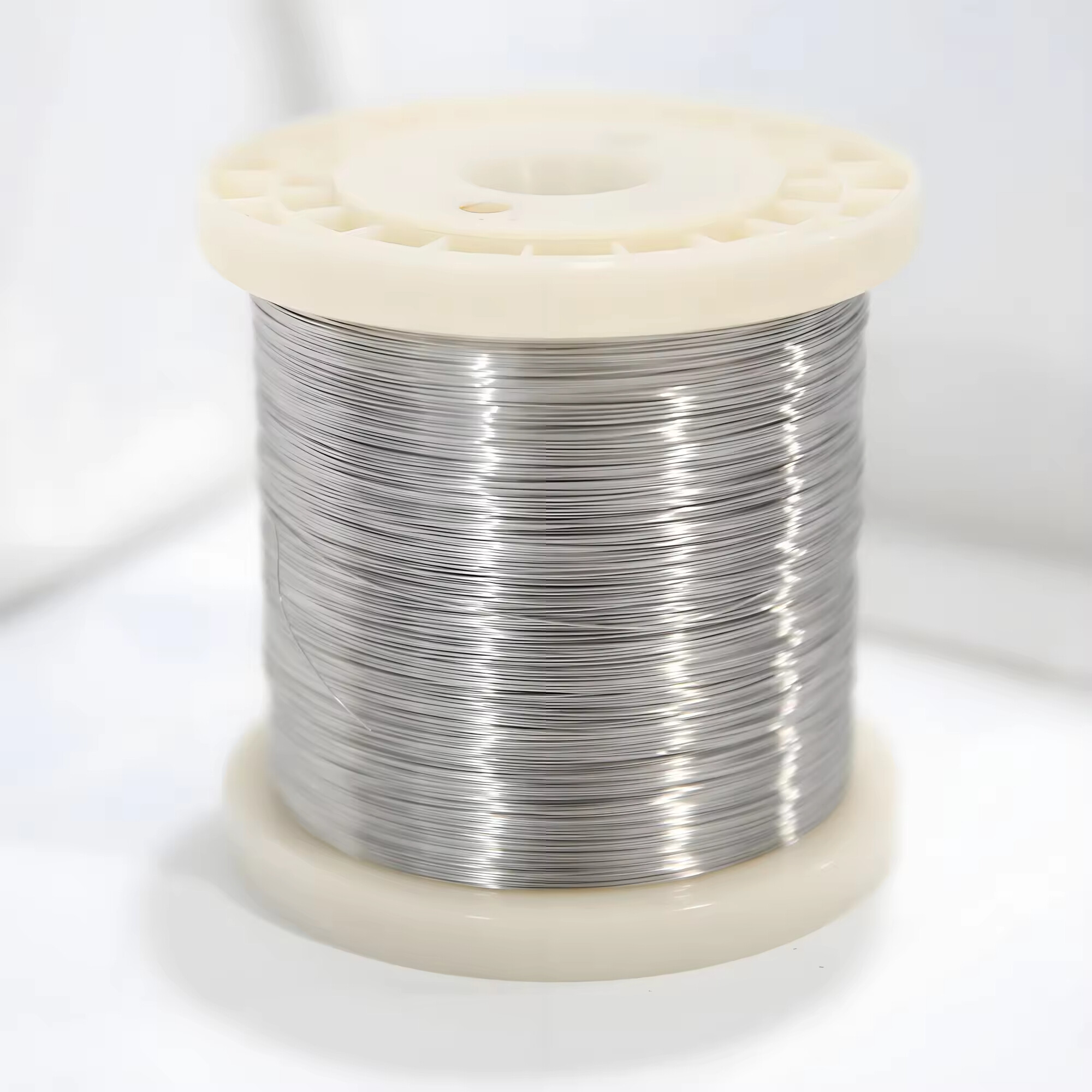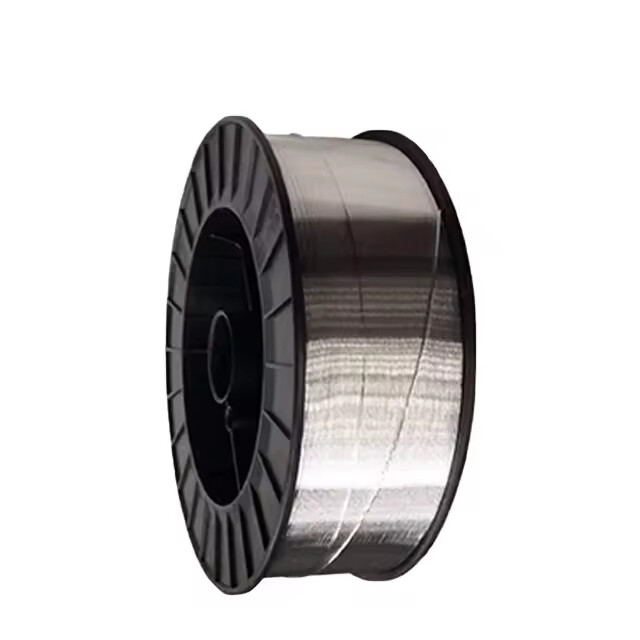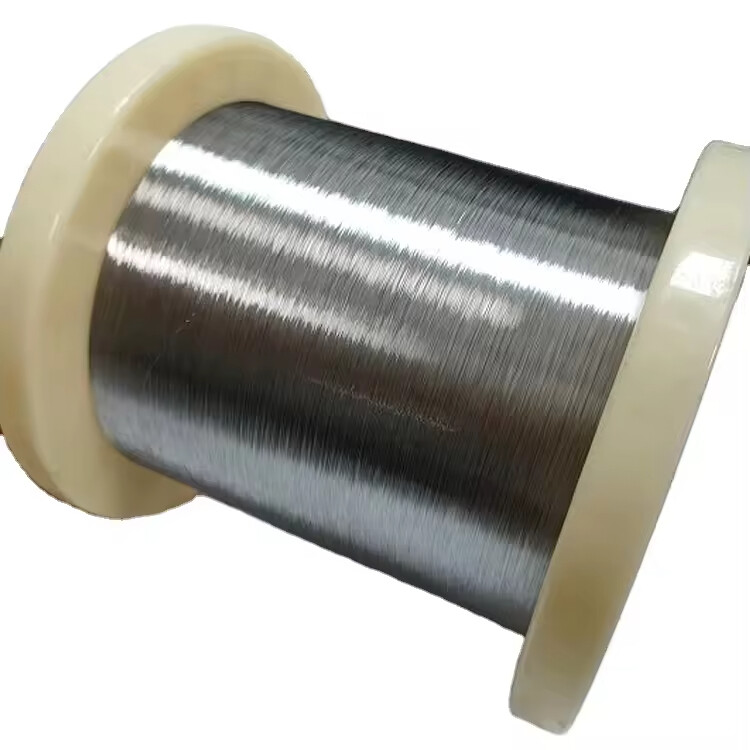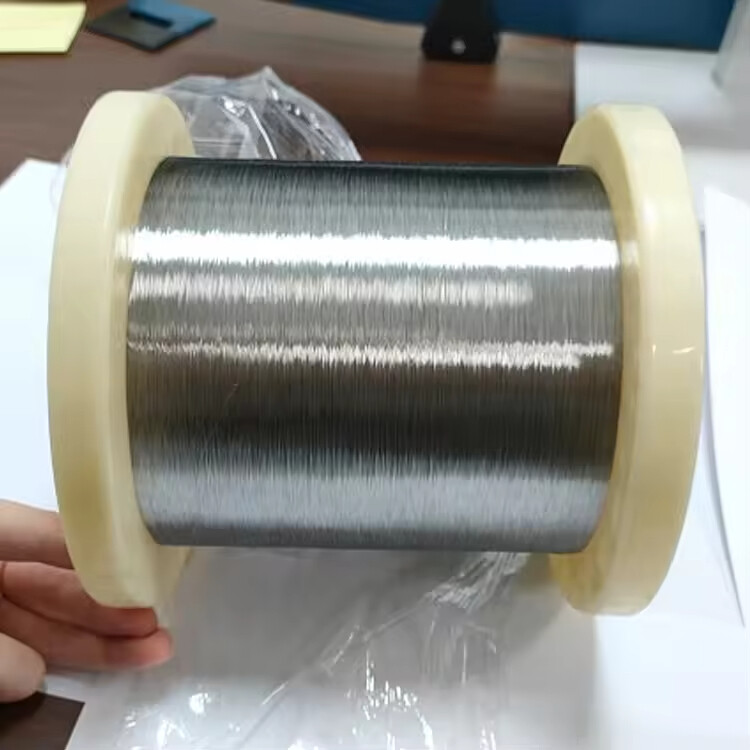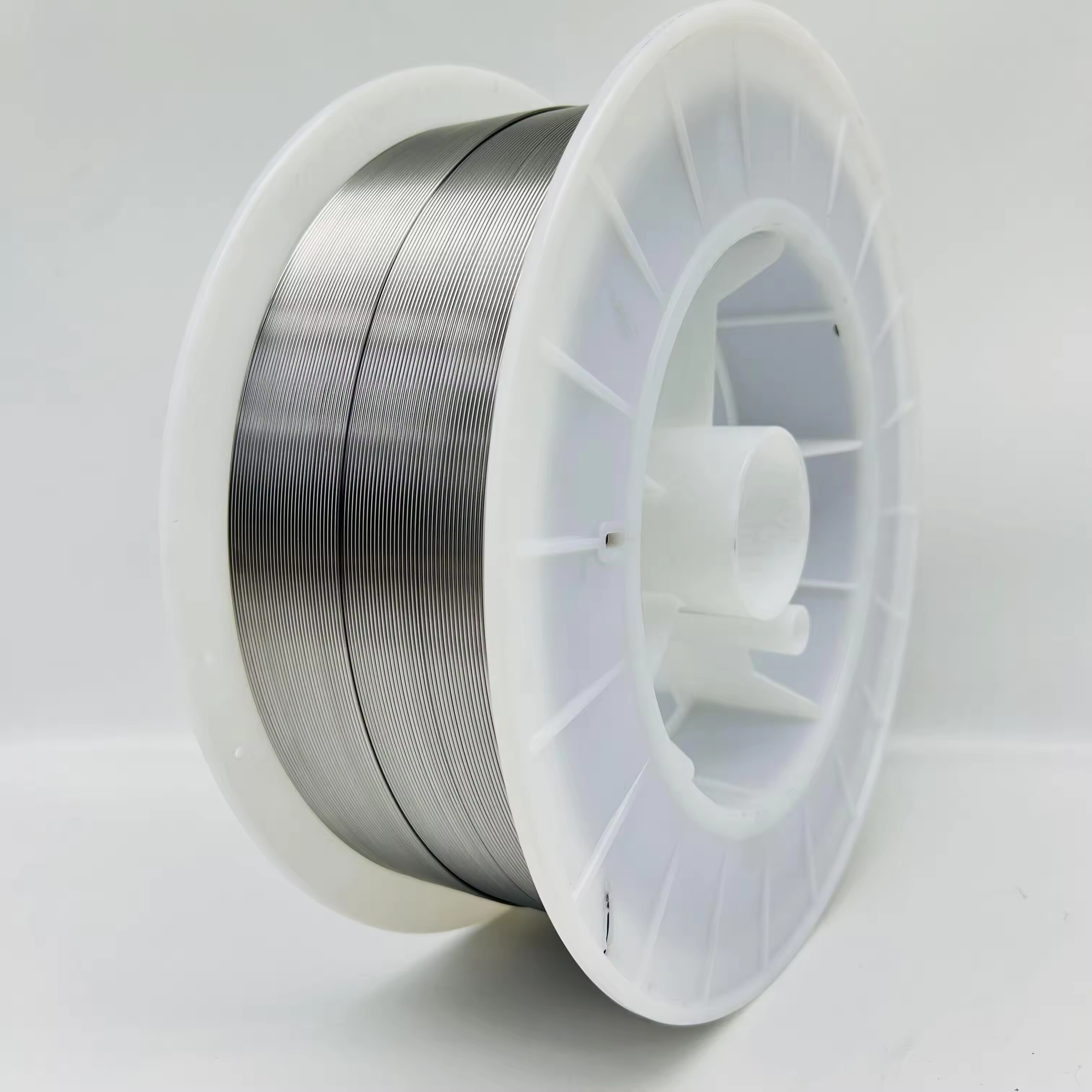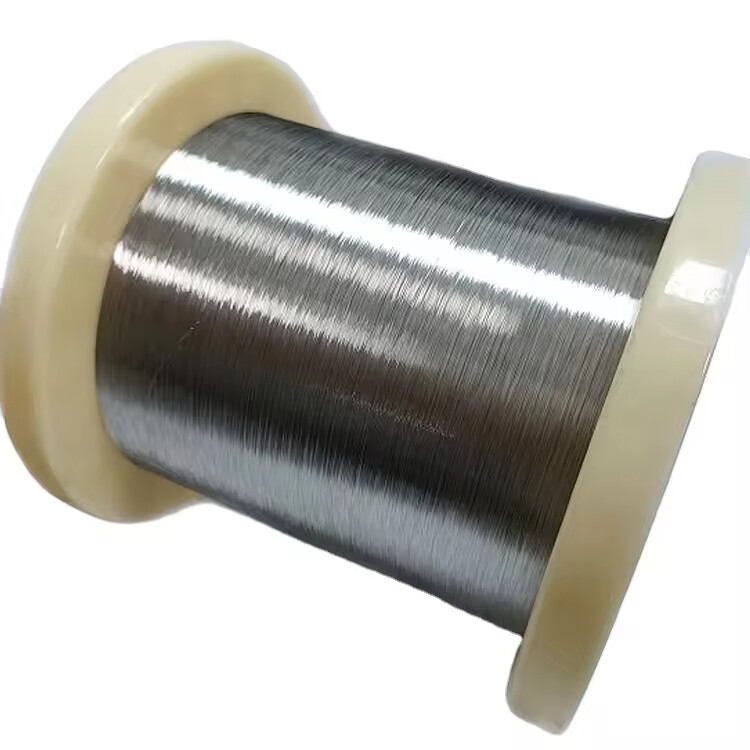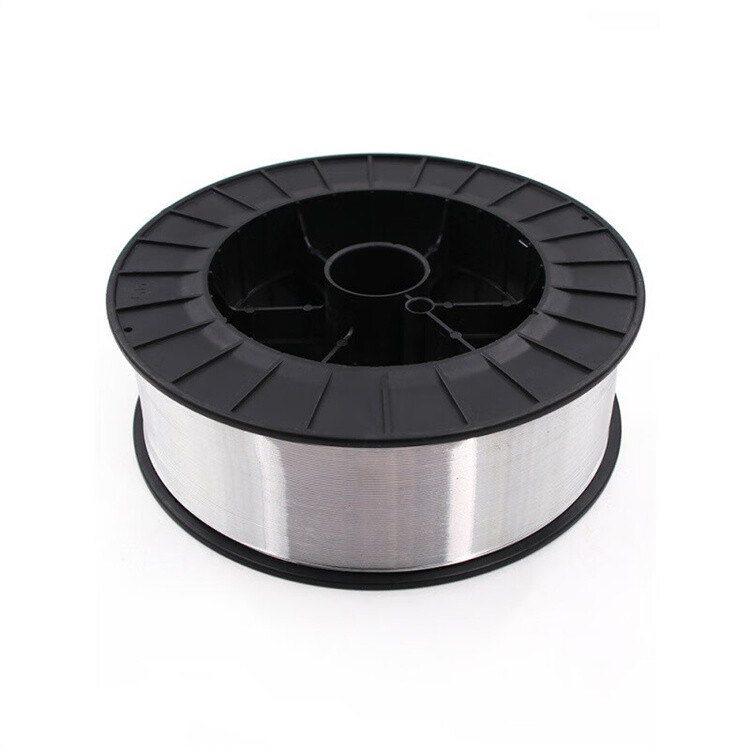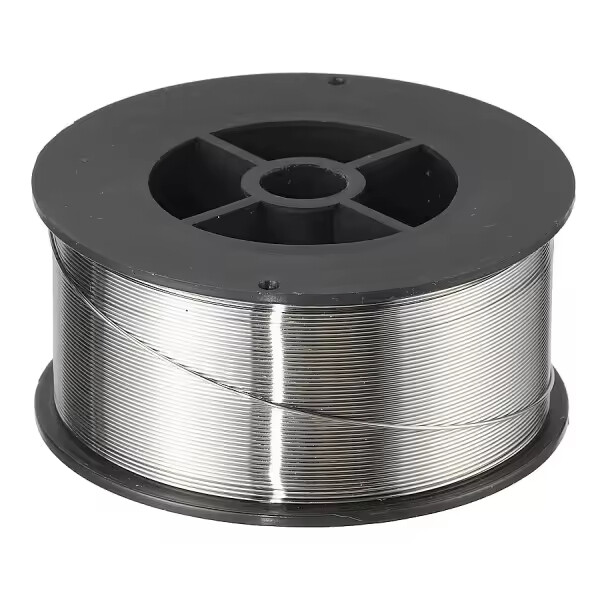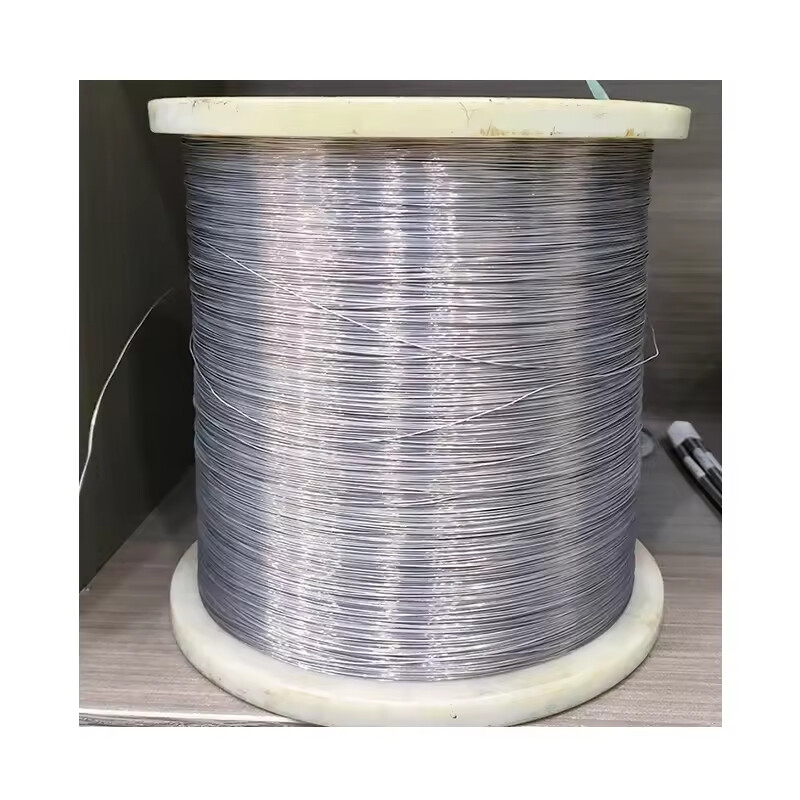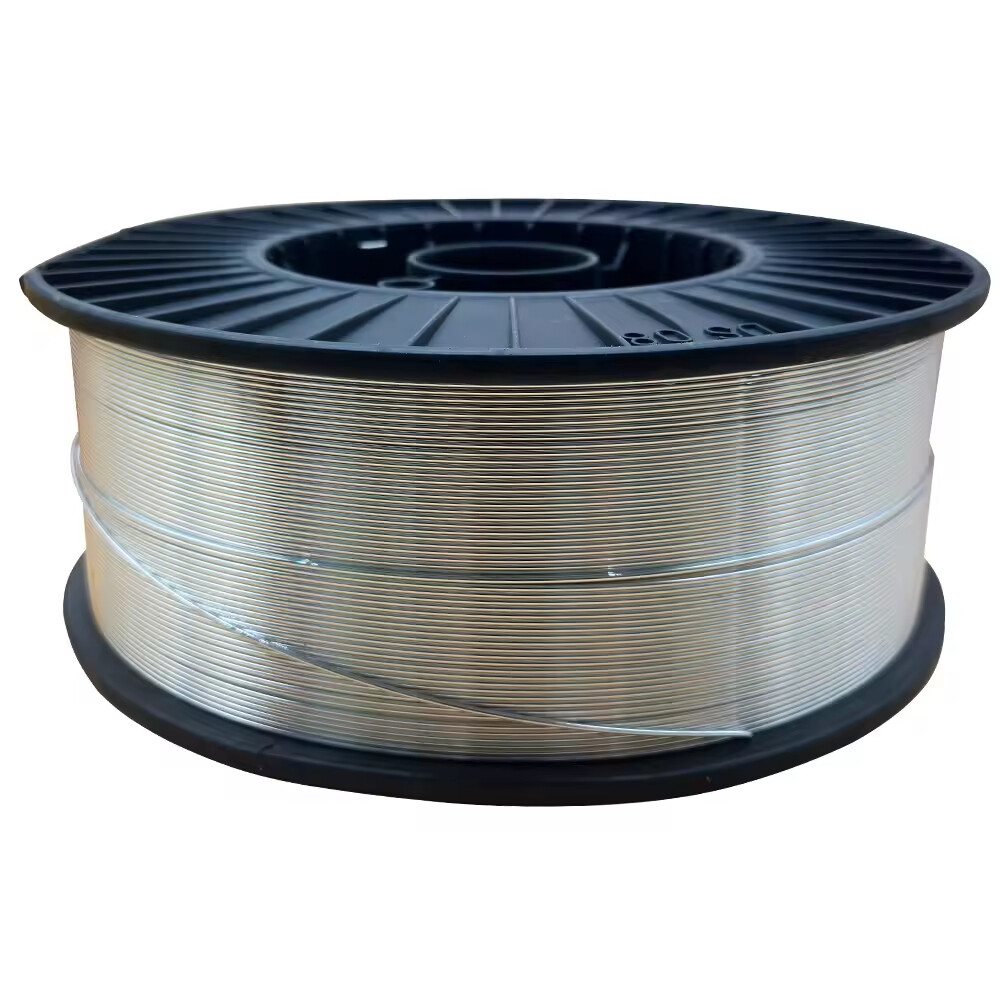1.Qualified tensile strength and hardness
2.Approved by ISO9001, CE, SGS, BV, Form-E, CO , MTC Certificates
3. Quick delivery and standard wooden exporting package.
4. Low MOQ and Flexible Production Ability.
5.Support payment with T/T, L/C , paypal, kunlun bank, etc.
6. OEM and ODM, welcome customers to visit our factory for better understanding;
7. Our factory provide steel products with competitive price and reliable quality;
8. Value friendship and trustworthy, devote to provide long-term service to our distinguished customers.
Introduction to Alloy Welding Wire
Alloy welding wire is a type of filler material used in various welding processes to join or repair metal components. It is composed of a combination of metals and other elements, designed to enhance specific properties such as strength, corrosion resistance, ductility, and thermal stability. Alloy welding wires are widely used in industries such as automotive, aerospace, construction, and manufacturing, where high-performance materials are required.
Key Features of Alloy Welding Wire
Composition: Alloy welding wires are made from a blend of metals like nickel, chromium, manganese, molybdenum, and others, depending on the desired properties. Common base metals include steel, stainless steel, aluminum, and titanium.
Enhanced Properties: The addition of alloying elements improves characteristics such as:
Strength and hardness
Resistance to corrosion and oxidation
Wear resistance
High-temperature performance
Versatility: Suitable for various welding processes, including MIG (Metal Inert Gas), TIG (Tungsten Inert Gas), and submerged arc welding.
Precision: Available in different diameters and spool sizes to meet specific welding requirements.
Types of Alloy Welding Wire
Stainless Steel Alloy Wire: Contains chromium and nickel for corrosion resistance and strength. Commonly used in food processing, chemical, and marine industries.
Nickel Alloy Wire: Offers excellent resistance to high temperatures and corrosive environments. Used in aerospace, power generation, and petrochemical industries.
Aluminum Alloy Wire: Lightweight and corrosion-resistant, ideal for automotive and aerospace applications.
Titanium Alloy Wire: Known for its high strength-to-weight ratio and corrosion resistance, used in aerospace and medical industries.
Low-Alloy Steel Wire: Provides high strength and toughness, often used in structural and heavy machinery applications.
Applications
Automotive: For welding engine components, exhaust systems, and chassis.
Aerospace: For joining high-strength, lightweight materials in aircraft structures.
Construction: For welding structural steel and pipelines.
Oil and Gas: For welding pipelines and equipment exposed to harsh environments.
Manufacturing: For repairing and fabricating machinery and tools.
Advantages
Improved weld quality and durability.
Better performance in extreme conditions.
Reduced risk of weld defects like cracking or porosity.
Enhanced efficiency and productivity in welding operations.
In summary, alloy welding wire is a critical material in modern welding, offering tailored solutions for joining metals with specific performance requirements. Its versatility and enhanced properties make it indispensable in high-tech and demanding industries.
Get real-time quotes
Interested? Leave your contact details.

